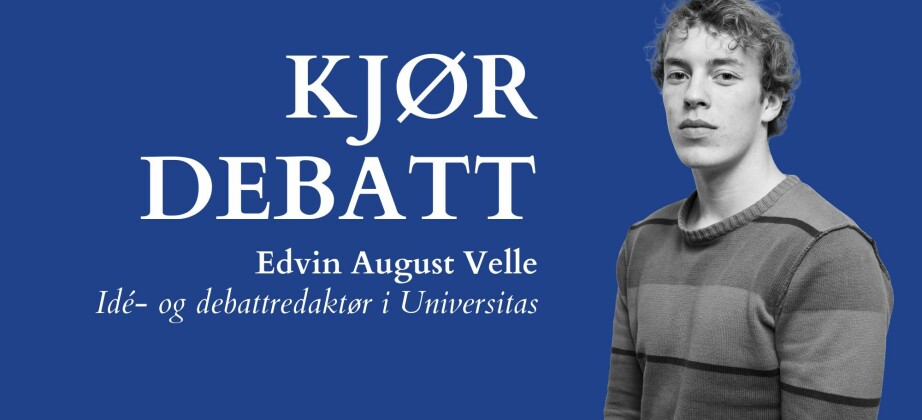
Criticism of hay fever policy
The University of Oslo is suspicious towards students suffering from hay fever, according to the Norwegian Asthma and Allergy Association.
The hay fever season is in full bloom, but if you are a student at the University of Oslo (UiO), then pollen might not be the only thing causing irritation. If you want extra time on your exams, the university demands a doctor’s certificate that is a maximum of three days old, and this must be given to the exam consultant no later than midday the day before the exam.
The Norwegian Asthma and Allergy Association (NAAF) is critical towards these regulations.
– It is unnecessary to cast aspersions on a group of chronically ill people in this manner. If you have hay fever, then you will be bothered by it through large parts of the season. Therefore, you should not have to renew your doctor’s certificate in this way, states Sverre Steinsvåg, leader of the NAAF doctors’ council.
Different practices
Head of section at the Department of Academic Affairs at UiO, Torbjørn Grønner, believes however that the current regulations are satisfactory.
– The regulations have been set by the director of academic affairs after a lengthy consideration in cooperation with doctors from the Foundation for Student Life in Oslo’s Student Health Services. Their reasoning is that new medicines give fewer side effects, and that there are great variations in the amount of pollen each season. Any adaptations made are not meant to give students an advantage, he points out. He also adds that UiO is flexible to a certain degree, and is willing to accept doctor’s certificates that are up to a week old.
At the universities in Bergen and Trondheim, they have a different policy. There, doctor’s certificates and applications for extra time on exams are procured in February. If you get a doctor’s certificate, all you have to do is remember to inform the university in following terms, and your certificate does not have to be renewed. The same is true of the Norwegian School of Theology, which like the University of Oslo (UiO) is part of the Foundation for Student Life in Oslo (SiO). Grønner at UiO does not wish to comment on different practices at other institutions.
– Hopeless
Merete Ligaard is one of the students who has to deal with UiO regulations.
– It surprises me that there are such different policies at the different institutions. It is hopeless that I should have to spend three to four hours of a stressful exam period documenting that I am allergic this spring too, she says.
Leader of the Student Parliament in Oslo, Heine Skipenes, is also critical towards UiO’s hay fever policy.
– UiO wants all students to be completely standard, but we are not. Removing the three day rule is something we are working on, he says.
Twenty three percent of the population suffers from hay fever, according to NAAF. The Student Health Services in Oslo registered 713 consultations relating to some kind of allergy in 2008.
Dependent on the weather
Head of the section for general medicine at the student health services in Oslo, Birgit Dahl-Jørgensen, explains that the current regulations at UiO are the result of many students having applied for extra time previously, despite the fact that they were not bothered by hay fever during the exam period.
– Hay fever is viewed as an acute, and not chronic, illness. As the seasons vary from year to year, the severity of symptoms may also vary, depending on the weather that year, she says.
She does not think that those suffering from allergy should be entitled to advantages in exam conditions, and believes that a standard maximum time for all students should be introduced.
– When students enter working life, they will be operating machinery and will have to deal with deadlines. Therefore, they should learn these skills during their studies. However, if you are really ill, then you should get a certificate, she emphasizes.
Steinsvåg disagrees with the SiO doctor’s opinion that hay fever is an acute illness, and points to the fact that most students are ill for two to three months. He also disagrees that all students should have the same maximum time limit during exams.
– The knowledge one has of pollen allergy and the effect it has on your performance indicates that those suffering from allergy need more time than other students. If they can document that they are bothered by symptoms during the pollen season, they must be given extended time without extra hassle. If the starting point is mistrust towards students, then we are in a hopeless situation, according to Steinvåg.
































